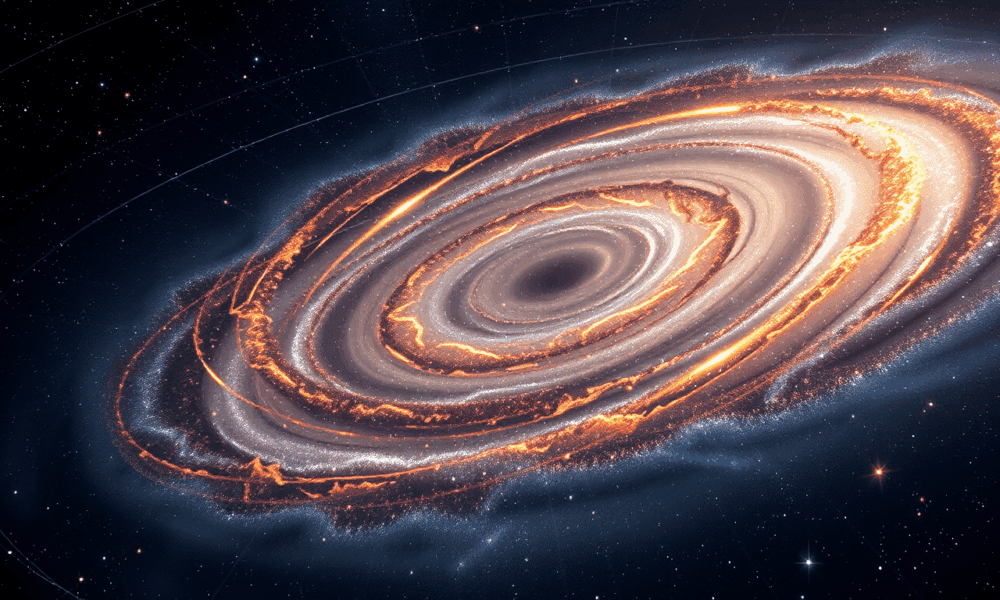
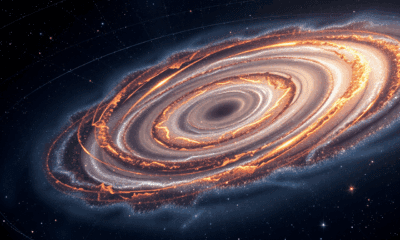

A new study suggests the universe may rotate -- just extremely slowly. The finding could help solve one of astronomy's biggest puzzles.
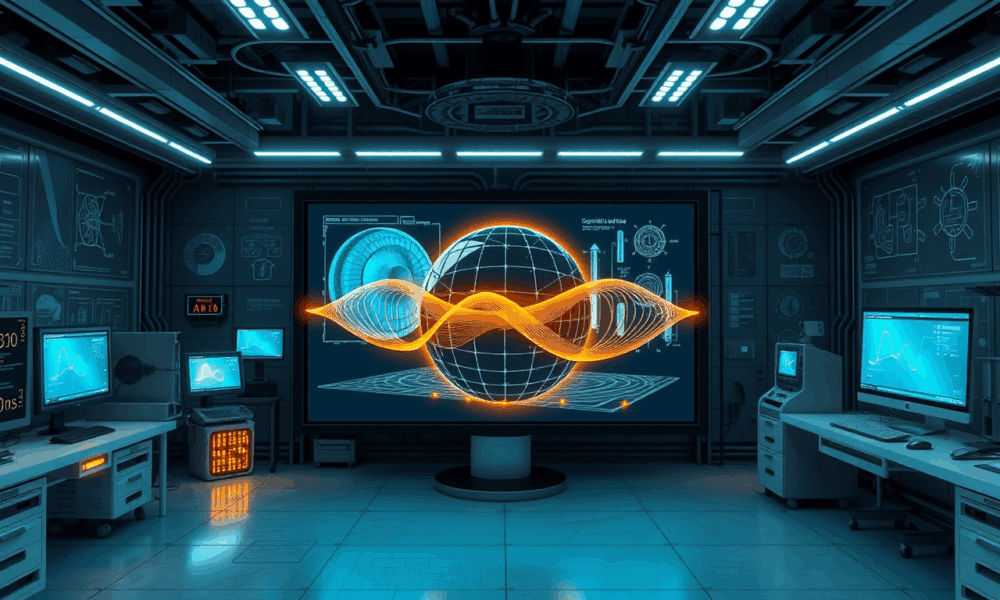
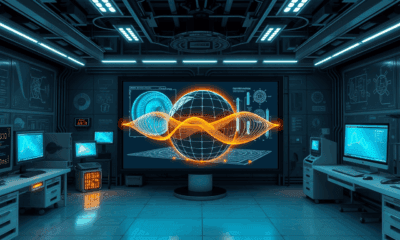

Extreme cosmic events such as colliding black holes or the explosions of stars can cause ripples in spacetime, so-called gravitational waves. Their discovery opened a new...
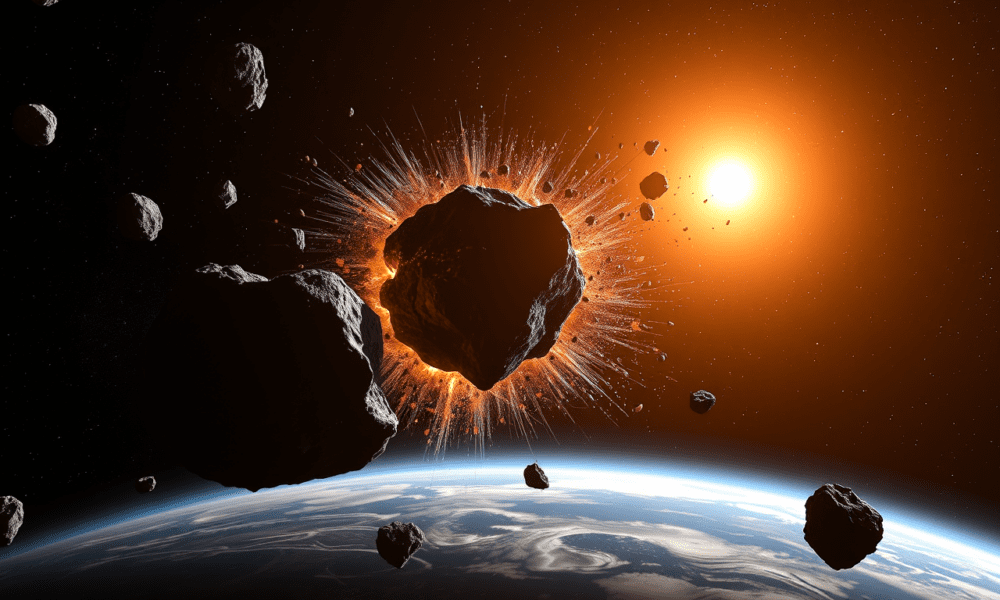
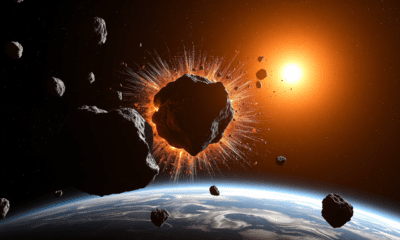

Researchers may have answered one of space science's long-running questions -- and it could change our understanding of how life began. Carbon-rich asteroids are abundant in...
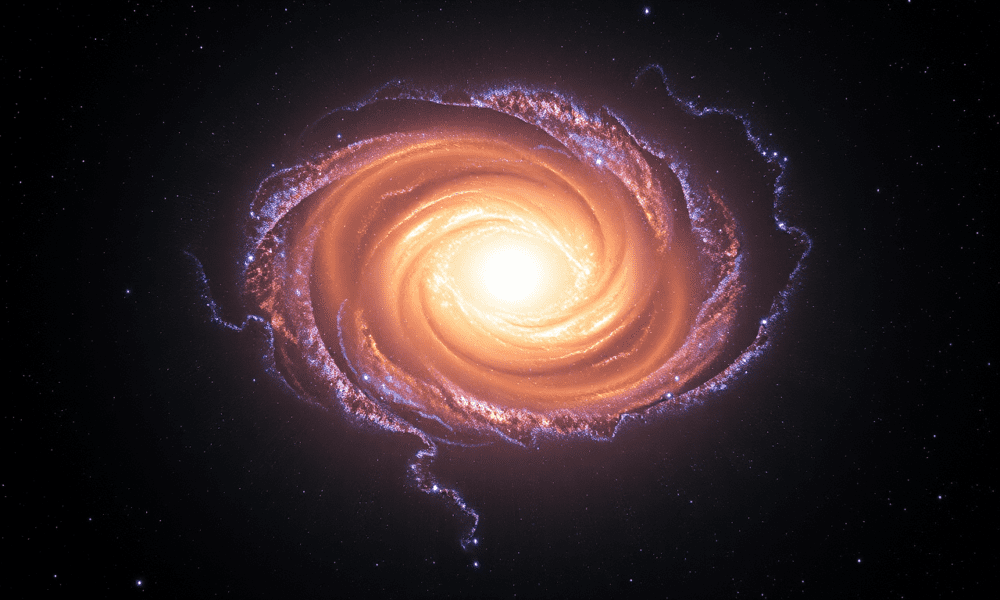
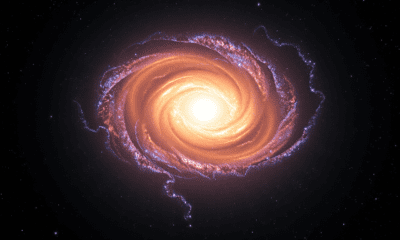

Astronomers are investigating the longest and most energetic bursts of X-rays seen from a newly awakened black hole. Watching this strange behavior unfold in real time...
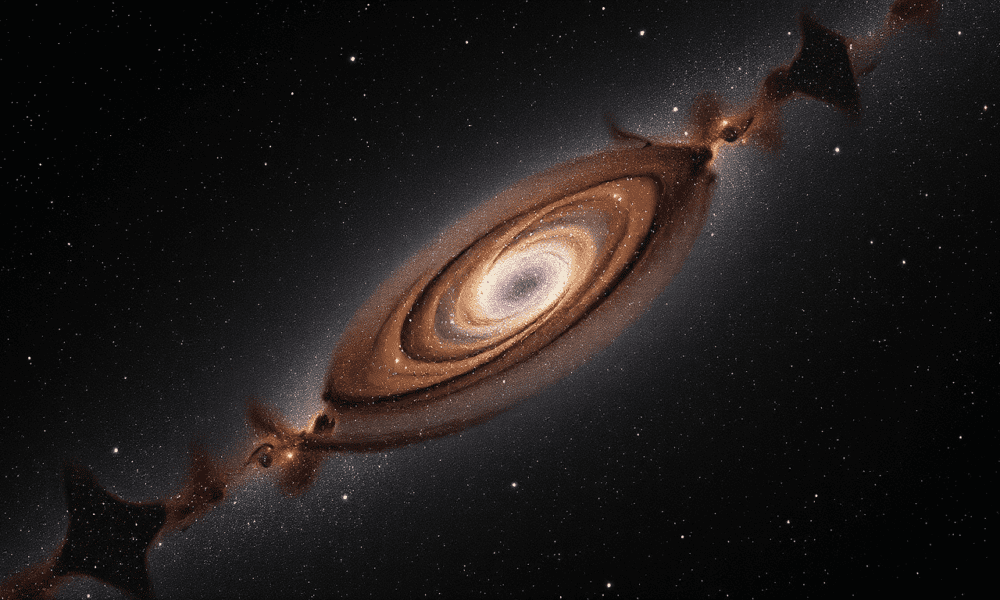
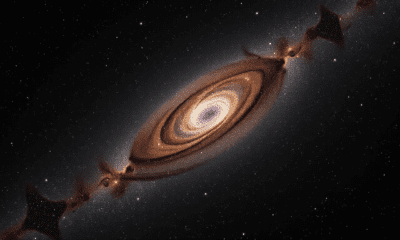

Astronomers have peered back in time to find what looks like a population of 'hidden' galaxies that could hold the key to unlocking some of the...
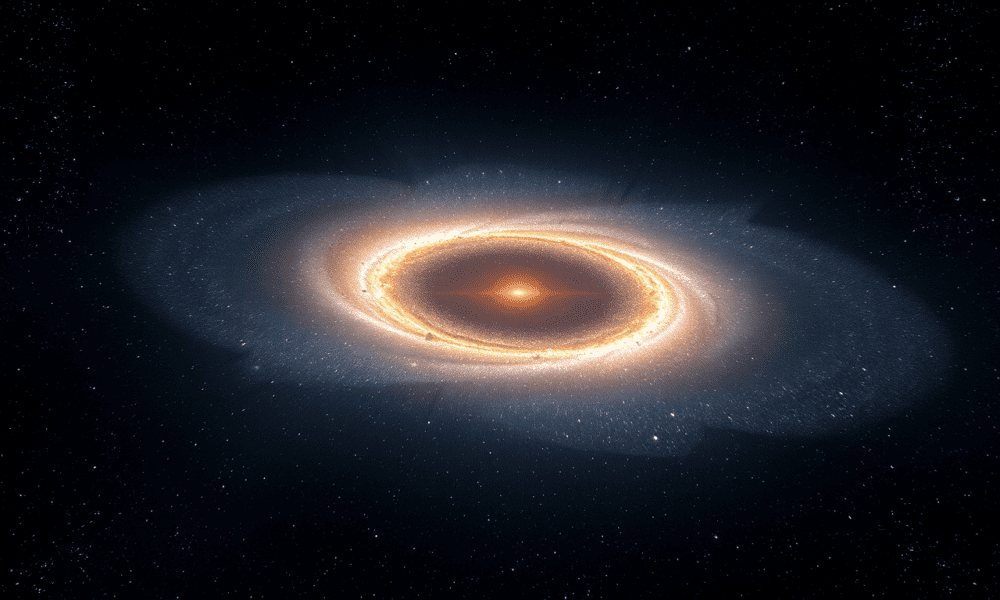
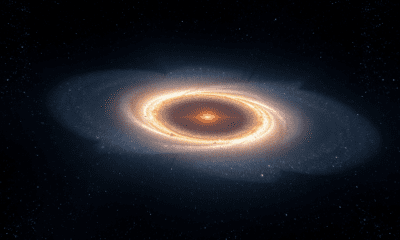

Every galaxy is thought to form at the center of a dark matter halo. Stars are formed when gravity within dark matter halos draws in gas,...
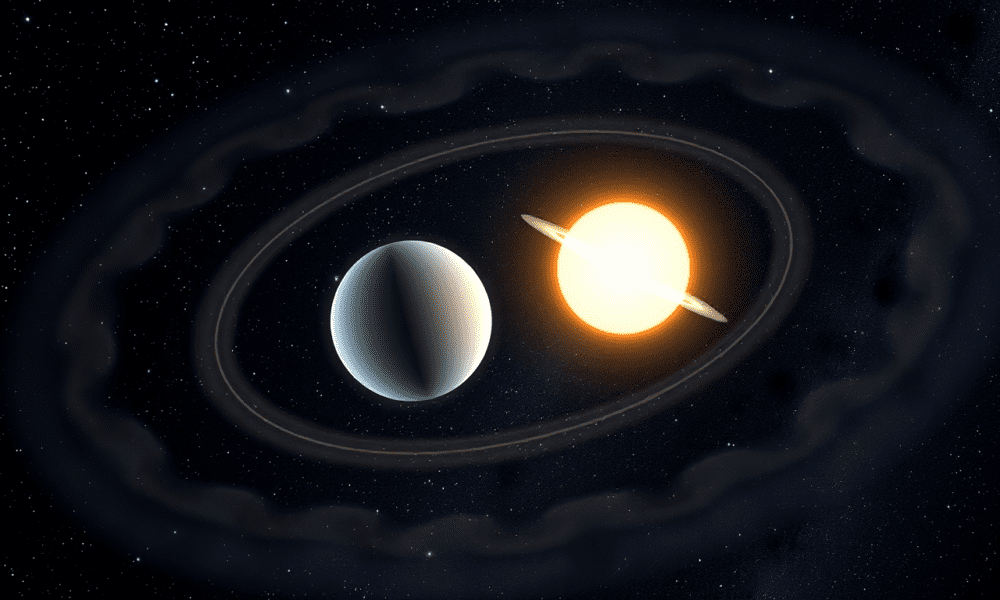
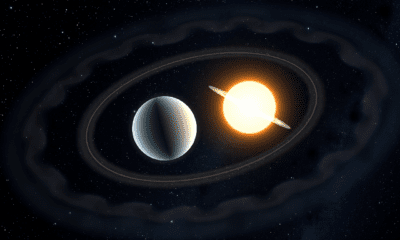

Astronomers have discovered an extremely rare, high mass, compact binary star system only ~150 light years away. These two stars are on a collision course to...
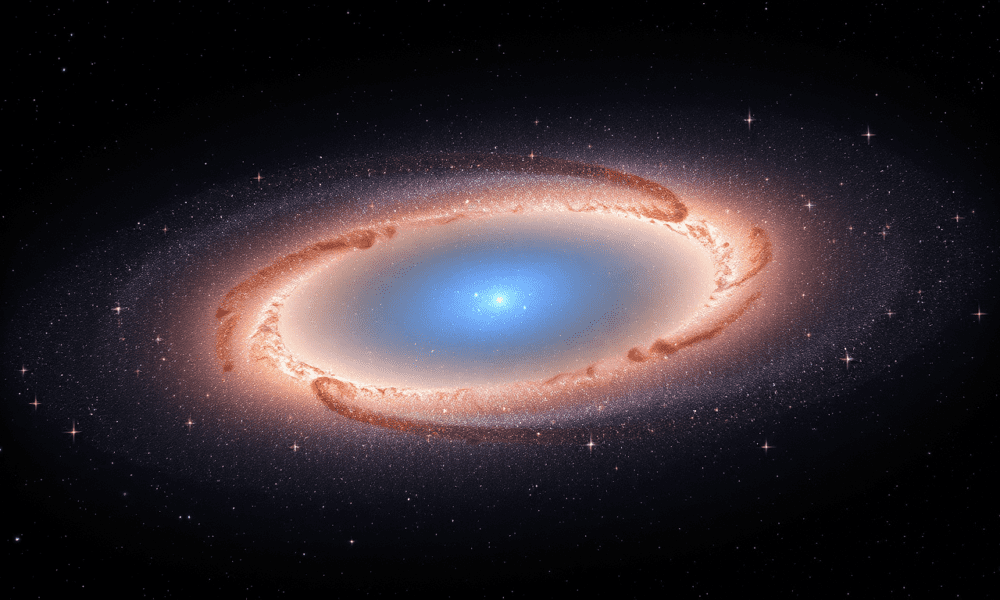
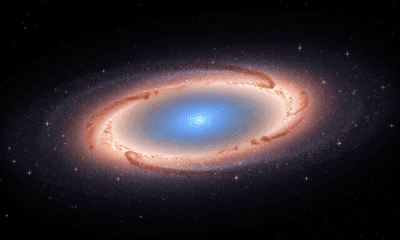

For a long time, scientists thought that only actively star-forming galaxies should be observed in the very early Universe. The James Webb space telescope now reveals...
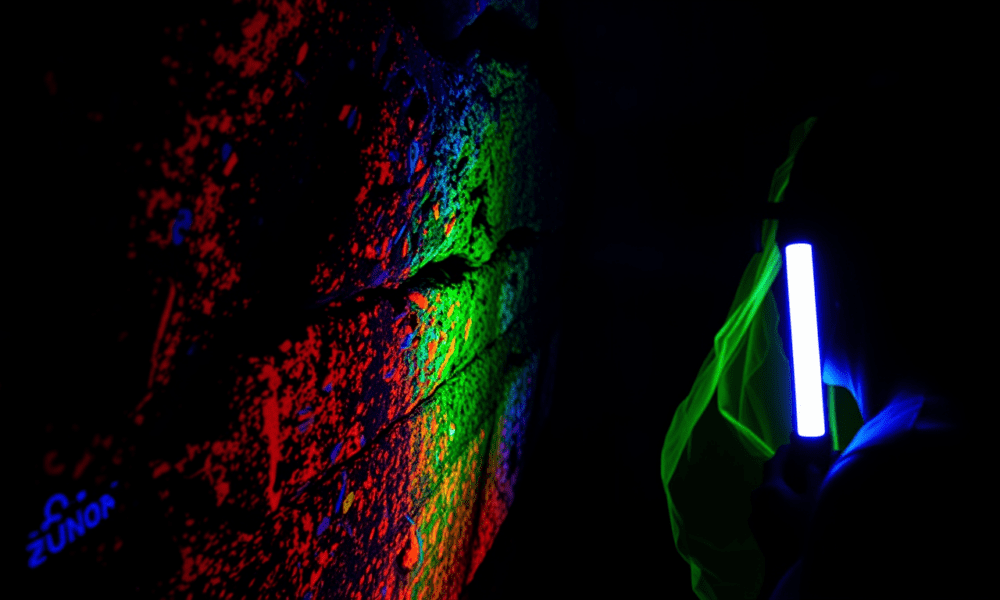
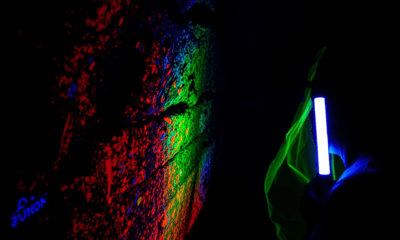

Deep below the Earth's surface, rock and mineral formations lay hidden with a secret brilliance. Under a black light, the chemicals fossilized within shine in brilliant...
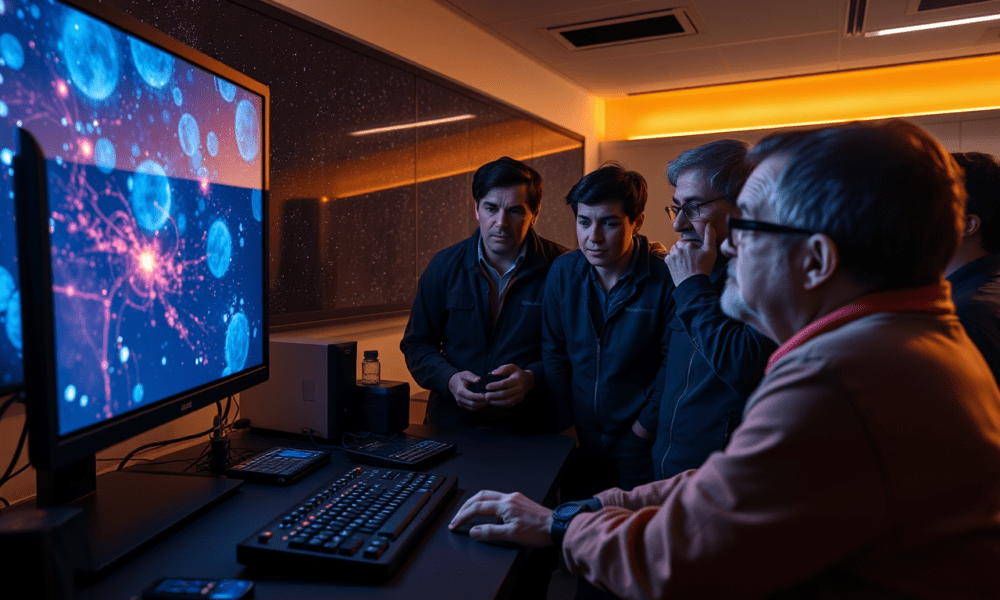
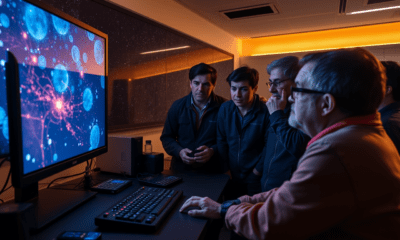

Astronomers have detected oxygen in the most distant known galaxy, JADES-GS-z14-0. This record-breaking detection is making astronomers rethink how quickly galaxies formed in the early Universe.